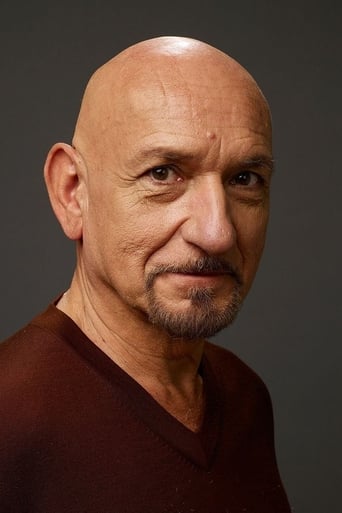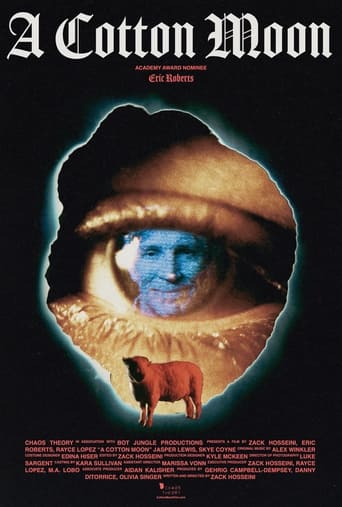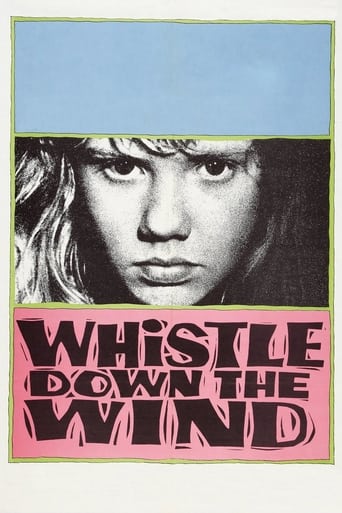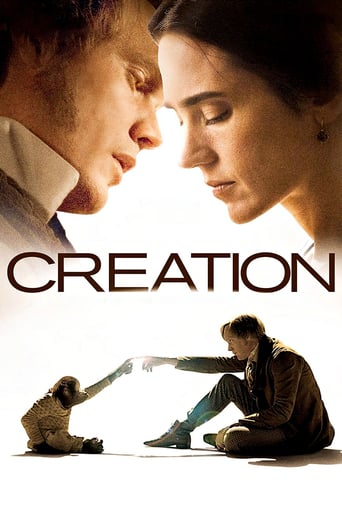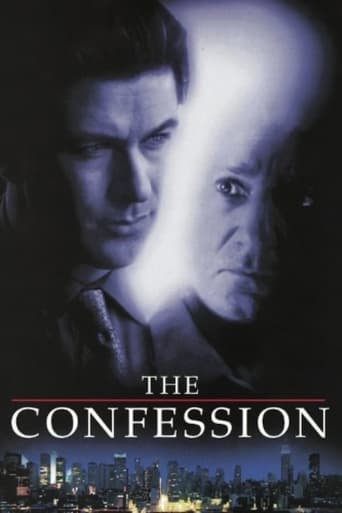
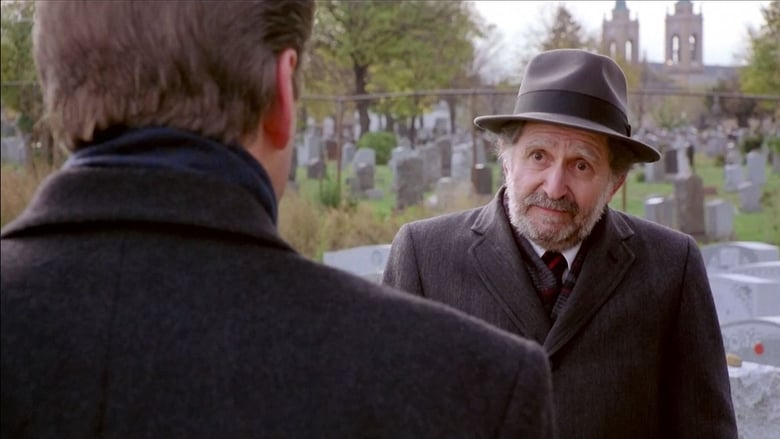
The Confession (1999)
After his young son dies from the negligence at a hospital, Harry Fertig takes matters into his own hands and kills the doctors responsible. Slick lawyer Roy Bleakie, looking only to win a case and not caring of the matters involved, is assigned Fertig's case. Shocked to hear that his client wants to plead guilty, the case causes Bleakie to question his own morals by defending an honorable man.
Watch Trailer
Cast


Similar titles
Reviews
This movie tries to stretch believability and does a very poor job of it. Alec Baldwin stars as a defense attorney in his usual suave, slimy, snakeskin, but somehow is transformed by Ben Kingsley into a harmless bunny by the end of the film. The opening is good, with Kingsley seeking revenge on three hospital workers who failed to help his dying son. I thought, perfect, Baldwin is somehow going to work miracles with Kingsley and get an insanity plea. Unfortunately this was not the case, as "The Confession" veers off the tracks into political corruption, environmental hazards, and worst of all, philosophical diatribe .... - MERK
I was astonished to find the acting from such stalwarts uninspiring, lackadaisical and very suspect. Baldwin floundered like a fish out of water and there was zero believability from Kingsley and Irving as a married pair. The movie itself? Slow, tedious and unimaginative. I expected suspense and thrills, but was left with boredom and a grand hope that the film would end fast. I guess you have to look at the director, as it just didn't "do it" for me as I expected. A real dud. If you want something exciting, look elsewhere, as the cast is definitely lost in a maze of unrealistic garbage and desolate desert like sultriness.
I expected this movie to be good. The one review published here to date suggested that it would be. The DVD box, not surprisingly, promised it would. The ideas seemed lofty. The cast - well, Kingsley, anyway, suggested competence. What could go wrong?The answer is: Almost everything. This is a truly awful film. Baldwin is up (or down) to his usual standard. Great hair. Bad voice. Poor acting. Mostly, it's the writing that undermines everyone. Some of the situations that were supposed to be tense or exciting were just laughable. The relationship between Baldwin and the judge just seemed silly. The profanity - and I can't recall myself saying this before - seemed gratuitous. The Hebrew dialog sounded phonetically learned, which is pretty funny since these characters were supposed to be orthodox Jews. Maybe this was a great book, or a great idea for a book. But as cinema, it was rock bottom. Don't waste your time or money.
Just when you tire of seeing seamy, disspiriting tales of outlawry and big-budget, small-brained extravaganzas, a film like The Confession comes along to, well, renew your faith that the medium of film can deliver something uplifting and thoughtful without getting smarmy and preachy.Kinglsey is simply a masterful actor no matter what he does. Watch his every gesture and expression, for each is intentional. Baldwin's social conscience tends to steer him to movies with messages, and this is no exception. Viewers should go in expecting actual morals to the story--such a rarity these days.Baldwin plays a hot-shot defense lawyer with chances at and aspirations to becoming district attorney. He's slime. Slick, sophisticated slime, but slime nonetheless. A much better portrayal of slime than we saw with Travolta's personal injury attorney in A Civil Action, for instance, probably because we SEE Baldwin's slime, while Travolta's is merely described. Kingsley plays a devout Jew and CFO of a major corporation.When Kingsley commits a triple homicide (no spoiler, that; it's on the back of the box) and becomes Baldwin's client (retainer paid by Sanders, Kingsley's boss), we have a surprisingly subtle film about doing what's right, knowing what's right, human law and God's Law: the good man who does wrong defended by the bad man who never gets caught.It's a moral movie without moralizing--at least as far as Hollywood gets. Kingsley and his family are the definition of upstanding and decent. As Baldwin enters their orbit, his own recessive goodness is evoked, while his dominant corruption simultaneously taints Kingsley's family. The relationships are complex, and not because of any cheap tricks of screenwriting or silence, but because of the characters themselves. The right thing to do recedes from initial clarity (for each main character) and gets lost in a multitude of possible "right" things: what is right for Irving, for Kingsley, for justice, for Sanders, for Baldwin's career, for Baldwin's emerging desire to be one of the good guys. It's a religious movie, yet not a preachy one. We see Kingsley's devotion to God as he understands it. We have Kevin Conway ostensibly playing Baldwin's co-counsel and investigator, but in reality serving as his conscience and confessor (there's even a baptism-with-bourbon scene in a bar--both odd and provocative). We have the rigid orthodoxy portrayed ably by Kingsley, and the more human ethical luke-warmth of Irving. What matters most is that soon into the film we really know the three main characters, from multiple angles, not simply in religious, professional, or ethical categories. And yet we know not what they'll do next because the story captures them in a moment of rapid change, growth and crisis.Had this been a small independent film, the second hour and the secondary plot (a corporate/power-politics mystery) would have been lopped off, but this Hollywood touch doesn't get in the way.Thematically, one lens through which to view this is the battle between corruption and saintliness. We have Baldwin's corruption as a defense attorney, which, to some extent, is actually virtuous for a defense attorney--he gets his clients off. We have the police department's corruption in the early scenes. References to, if not corruption, then compromise, in the DA's office in plea bargains and decisions on the death penalty. Legal corruption in extremely ex parte assignations. Marital corruption and two different responses to it. Corruption of the common good for private gain.And yet we are shown the flipside. Baldwin is praised as a man of conscience while those bestowing the compliment are themselves so corrupt the word sounds phony on their lips. We see bureaucratic corruption yet also the wrongness of vigilantism as retribution. We see the insanity of assuming that a man who admits guilt and welcomes punishment must be insane--lying and refusing to accept punishment being the "sane" response. We see Baldwin argue with Kingsley about God's law and justice, both when Baldwin plays the sophistic devil's advocate and later, when the discussion comes to have meaning for him. We see the possible foolish consistency in Kingsley devoting himself with such absolutist fervor to his work, his son and his God--while neglecting his wife...and yet we see Irving's foolish consistency in defining herself completely by reference to her son and husband.The ending is a bit dramatic for the rest of the film but there is no sugar-coated salvation. We get to see the truly vile punished. And while the conscientious sinners also suffer a penalty or two, it's a just, if sad, penalty all told. There's a redemptive feeling to this movie, though finding evidence of concrete redemption is hard. The closest character to redemption is Baldwin, but his fate is by no means secure. Perhaps the redemption consists in the main characters emerging from the swamp of corruption alive and wiser, if somewhat less saintly for it all. Maybe it's in the relative lack of trumpet fanfare: a resolution that isn't exactly happy but just, leaving the players capable of contentment and continued life.Amy Irving is amazing, though she peters out near the end. Kingsley is, well, a god. Baldwin has a lot of silent staring whilst others blather and exposit, but it never rises to annoyance. Sanders does well as a slick, ultra-rich CENSORED.Some may criticize the film for beating us over the head with airheaded religion--but this signals a fixation on the obvious that blinds them to the subtle. There are no easy answers here, and that's rare.


